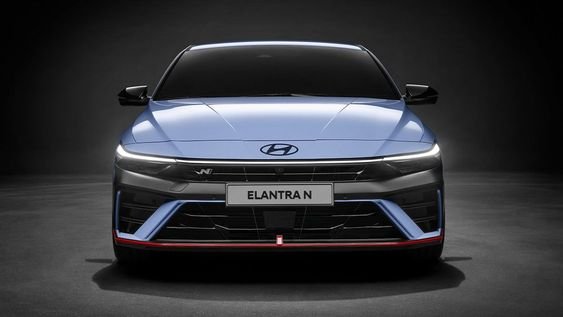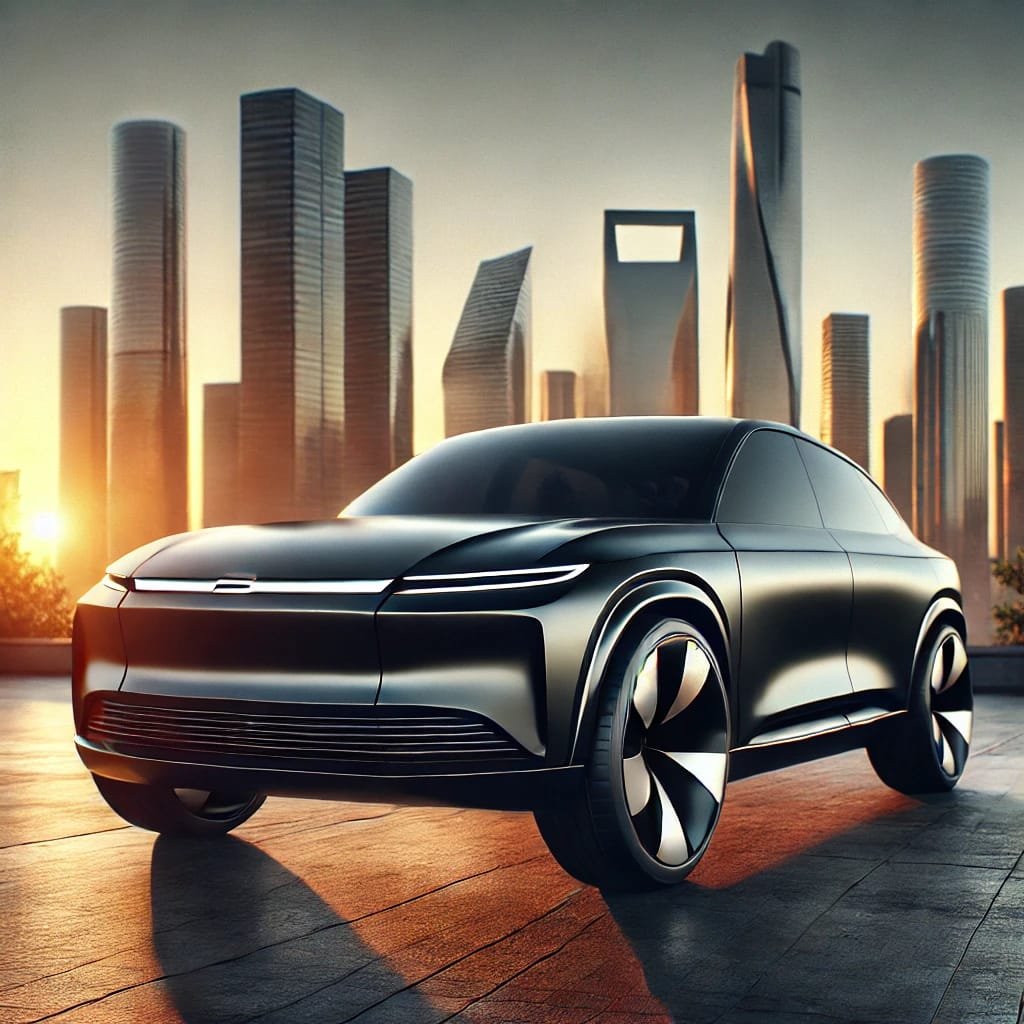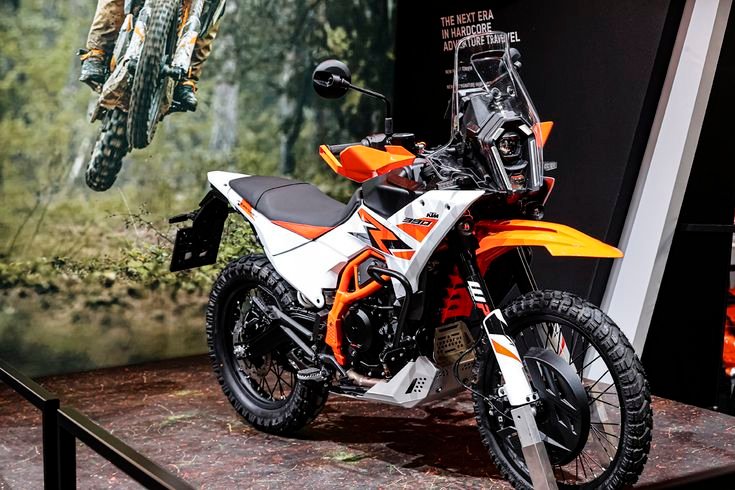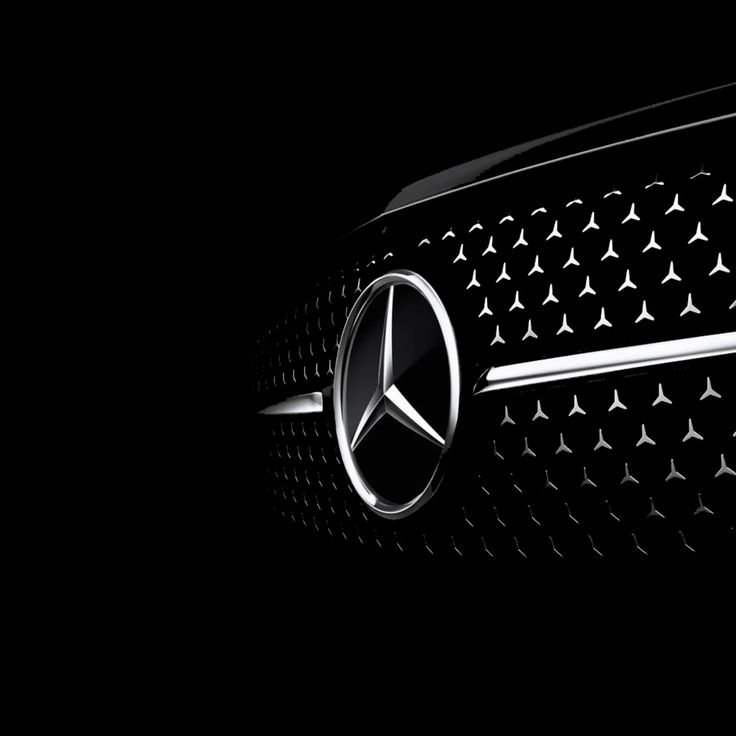
Hyundai Motor Company, a South Korean automotive giant, has risen to prominence as a global leader in the automotive industry. Known for its commitment to innovation, quality, and customer satisfaction, Hyundai has continuously evolved to meet the changing demands of the global market. This article provides a comprehensive look at Hyundai’s history, product lineup, technological advancements, market positioning, sustainability initiatives, and future prospects.
1. Historical Background
Founding and Early Years
Hyundai Motor Company was founded on December 29, 1967, by Chung Ju-Yung. The company began as part of the larger Hyundai Group, a diversified conglomerate involved in various industries such as construction, shipbuilding, and electronics.
First Automobile
In 1975, Hyundai produced its first car, the Hyundai Pony, which was also the first mass-produced car in South Korea. The Pony was designed with assistance from British engineers and quickly gained popularity for its affordability and reliability, setting the stage for Hyundai’s future success in the automotive industry.
Expansion and Globalization
During the 1980s and 1990s, Hyundai expanded its operations globally, entering markets in North America, Europe, and Asia. The company established manufacturing plants in key regions, enabling it to cater to local markets more effectively. This period also saw the introduction of popular models such as the Hyundai Excel and the Hyundai Elantra.
2. Product Lineup
Passenger Cars
Hyundai offers a diverse range of passenger cars that cater to various market segments, from compact cars to luxury sedans.
- Hyundai Elantra: A compact sedan known for its sleek design, advanced technology, and efficient performance.
- Hyundai Sonata: A mid-size sedan that combines comfort, style, and innovative features, making it a popular choice for families and professionals.
- Hyundai Azera: A full-size luxury sedan that offers premium amenities, a spacious interior, and a smooth ride.
SUVs and Crossovers
Hyundai’s lineup of SUVs and crossovers has gained significant traction in recent years, appealing to customers looking for versatility, space, and modern design.
- Hyundai Tucson: A compact SUV that offers a balance of performance, safety, and technology, making it ideal for urban and suburban environments.
- Hyundai Santa Fe: A mid-size SUV with a spacious interior, advanced safety features, and a powerful engine, perfect for families and adventurers.
- Hyundai Palisade: A full-size SUV that provides ample seating for up to eight passengers, luxurious features, and robust performance for long journeys.
Electric and Hybrid Vehicles
Hyundai is at the forefront of the electric and hybrid vehicle market, offering a range of eco-friendly models that emphasize sustainability and innovation.
- Hyundai Kona Electric: A compact electric SUV that boasts a long driving range, quick acceleration, and modern technology.
- Hyundai Ioniq: Available in hybrid, plug-in hybrid, and all-electric versions, the Ioniq is designed to provide eco-friendly driving options without compromising on performance or comfort.
- Hyundai Nexo: A hydrogen fuel cell SUV that offers zero-emissions driving, advanced safety features, and a futuristic design.
3. Technological Advancements
SmartSense Safety Features
Hyundai SmartSense is a suite of advanced safety features designed to protect drivers, passengers, and pedestrians. These features include:
- Forward Collision-Avoidance Assist (FCA): Uses sensors to detect potential collisions and automatically applies the brakes to prevent or mitigate impact.
- Lane Keeping Assist (LKA): Helps keep the vehicle within its lane by providing steering inputs if it detects unintentional lane departure.
- Blind-Spot Collision Warning (BCW): Alerts the driver to vehicles in their blind spots, enhancing situational awareness and preventing accidents.
Blue Link Connected Services
Blue Link is Hyundai’s connected car service that offers a range of features to enhance convenience, safety, and connectivity. Key features include:
- Remote Start and Climate Control: Allows drivers to start their vehicle and adjust the climate control remotely using a smartphone app.
- Destination Search: Enables drivers to search for destinations and send them directly to their vehicle’s navigation system.
- Vehicle Health Monitoring: Provides real-time information about the vehicle’s health, including maintenance alerts and diagnostic information.
Advanced Infotainment Systems
Hyundai’s infotainment systems are designed to keep drivers and passengers connected, entertained, and informed. These systems include:
- Touchscreen Displays: High-resolution touchscreens that provide easy access to navigation, entertainment, and vehicle settings.
- Apple CarPlay and Android Auto: Seamless integration with smartphones, allowing users to access apps, make calls, send messages, and stream music.
- Premium Audio Systems: High-quality audio systems from brands like Bose and Infinity, delivering an immersive listening experience.
4. Sustainability and Environmental Initiatives
Eco-Friendly Manufacturing
Hyundai is committed to reducing its environmental impact through eco-friendly manufacturing practices. The company’s initiatives include:
- Renewable Energy: Utilizing renewable energy sources, such as solar and wind power, to reduce greenhouse gas emissions in its manufacturing facilities.
- Waste Reduction: Implementing waste reduction programs to minimize the amount of waste generated during production processes.
- Water Conservation: Adopting water conservation measures to reduce water usage and improve water efficiency in manufacturing plants.
Electric and Hydrogen Vehicles
Hyundai is a leader in the development of electric and hydrogen fuel cell vehicles, aiming to provide sustainable mobility solutions for the future.
- Electric Vehicles (EVs): Hyundai’s electric vehicle lineup includes models like the Kona Electric and Ioniq Electric, which offer zero-emissions driving and innovative technology.
- Hydrogen Fuel Cell Vehicles: The Hyundai Nexo represents the company’s commitment to hydrogen fuel cell technology, providing an alternative to traditional internal combustion engines and battery electric vehicles.
Sustainability Goals
Hyundai has set ambitious sustainability goals to reduce its environmental footprint and promote a greener future.
- Carbon Neutrality: Hyundai aims to achieve carbon neutrality by 2045 through the adoption of renewable energy, increased production of electric and hydrogen vehicles, and improvements in energy efficiency.
- Circular Economy: The company is committed to implementing circular economy principles by designing products for recyclability, reducing waste, and promoting the use of recycled materials.
5. Market Positioning and Global Reach
Competitive Positioning
Hyundai has positioned itself as a global leader in the automotive industry by offering a diverse range of high-quality, reliable, and innovative vehicles. The company’s competitive advantages include:
- Value for Money: Hyundai vehicles are known for providing excellent value for money, with competitive pricing, comprehensive warranties, and a wide range of standard features.
- Quality and Reliability: Hyundai has consistently received high ratings for quality and reliability from organizations like J.D. Power and Consumer Reports.
- Innovation and Technology: The company’s focus on innovation and technology has resulted in the development of advanced safety features, connectivity options, and eco-friendly powertrains.
Global Presence
Hyundai has a significant global presence, with manufacturing plants, sales subsidiaries, and dealerships in over 190 countries. The company’s global reach enables it to cater to diverse markets and customer preferences.
- Manufacturing Facilities: Hyundai operates numerous manufacturing plants worldwide, including major facilities in South Korea, the United States, China, India, and Europe. These plants produce a wide range of vehicles to meet regional demand.
- Sales and Marketing: Hyundai’s extensive sales and marketing network includes a strong presence in key markets such as North America, Europe, Asia, and the Middle East. The company leverages its brand strength and innovative marketing strategies to attract and retain customers.
Market Competitors
Hyundai competes with other major automakers, such as Toyota, Honda, Ford, and Volkswagen, in various segments. The company’s focus on quality, innovation, and customer satisfaction helps differentiate it from its competitors.
6. Financial Performance
Revenue and Profitability
Hyundai has demonstrated strong financial performance, driven by its diverse product lineup, global presence, and focus on innovation.
- Revenue Growth: The company’s revenue has shown steady growth over the years, supported by robust vehicle sales and expanding market share.
- Profit Margins: Hyundai maintains healthy profit margins through efficient production processes, value-added services, and a strong focus on cost management.
Investments in Innovation
Hyundai invests heavily in research and development to drive innovation and maintain its competitive edge. The company’s commitment to R&D is reflected in its continuous introduction of new technologies, vehicle models, and sustainability initiatives.
7. Future Prospects and Strategic Vision
Electric and Autonomous Vehicles
Hyundai is committed to leading the transition to electric and autonomous vehicles. The company’s strategic vision includes the development of a comprehensive electric vehicle lineup and the integration of advanced autonomous driving technologies.
- Electric Vehicle Expansion: Hyundai plans to introduce several new electric models, including the Ioniq 5, Ioniq 6, and Ioniq 7, expanding its electric vehicle offerings across different segments.
- Autonomous Driving: The company is investing in autonomous driving technology, with a focus on achieving higher levels of automation and enhancing vehicle safety and convenience.
Digital Transformation
Hyundai is embracing digital transformation to enhance the customer experience, streamline operations, and drive innovation. The company’s digital initiatives include the development of connected services, digital sales platforms, and data-driven decision-making processes.
Sustainability Leadership
Hyundai aims to be a leader in sustainability, with ambitious goals for reducing emissions, conserving resources, and promoting social responsibility. The company’s sustainability strategy includes:
- Carbon Neutrality: Achieving carbon neutrality across its operations and supply chain by 2045.
- Circular Economy: Promoting a circular economy approach by designing vehicles for easier recycling and reusing materials.
- Community Engagement: Supporting social initiatives and community projects to create a positive impact on society.
Hyundai’s legacy of innovation, quality, and customer satisfaction has established it as a leader in the global automotive industry. The company’s commitment to sustainability, technological advancements, and premium quality continues to drive its success and shape the future of mobility. As Hyundai navigates the evolving automotive landscape, its strategic vision and focus on electric mobility, autonomous driving, and digital transformation position it for continued growth and leadership in the automotive world.
With a rich history, a diverse product lineup, and a forward-looking approach, Hyundai remains at the forefront of the automotive industry, delivering exceptional vehicles and driving experiences that meet the needs of discerning customers worldwide. As the company continues to innovate and expand its offerings, it will undoubtedly play a key role in shaping the future of transportation and setting new standards for excellence in the automotive world.
ALSO READ: Tata Tiago iCNG AMT: A Comprehensive Review







